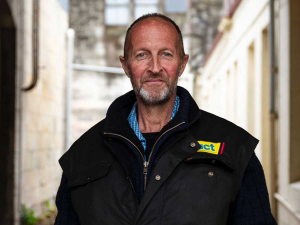ACT MP and farmer Mark Cameron is calling on Parliament to thank farmers by reinstating provisions within the Resource Management Act that prevent regional councils from factoring climate change into their planning.
He says that the current laws have seen councils pile compliance costs onto farmers in favour of climate action.
“Currently, councils are allowed to use the Resource Management Act to impose a confusing array of restrictions on how New Zealanders use their land, supposedly to cut emissions,” says Cameron.
“These changes were made by the previous government, essentially sacrificing property rights to the altar of the climate gods,” he adds.
In June last year, Cameron who introduced a member’s bill seeking to clarify the framework for managing greenhouse gas emissions in New Zealand by removing the ability to set rules on the basis of national environmental standards for greenhouse gas emissions.
He says it is impractical to expect regional councils to tackle global climate issues.
“It’s an exercise in futility, especially since emissions are already managed at a national level through the Emissions Trading Scheme,” Cameron says.
“If one council clamps down on emissions, it simply shifts high-carbon activities to another region. Plus, councils lack the capability to account for carbon offsets companies might have elsewhere in the country,” he says.
Cameron says that local governments needs to be focused on roads and rates.
"Kiwi farmers are the most efficient in the world, and my bill would be a helpful step to enable them to focus on what they do best: growing the food that fills our bellies and bringing in the money that keeps our economy ticking."











